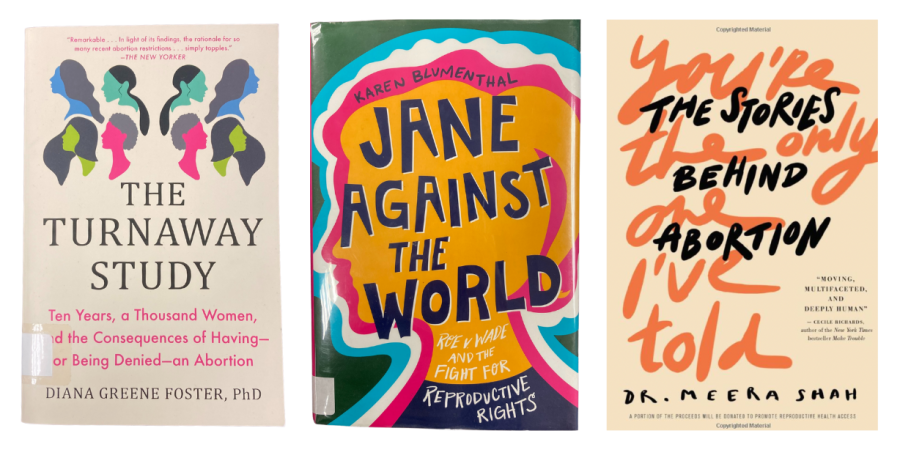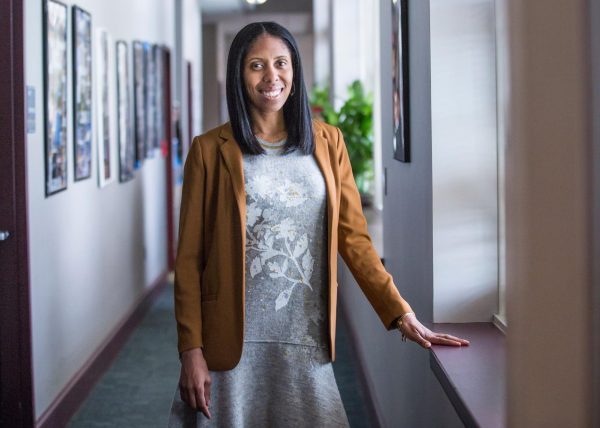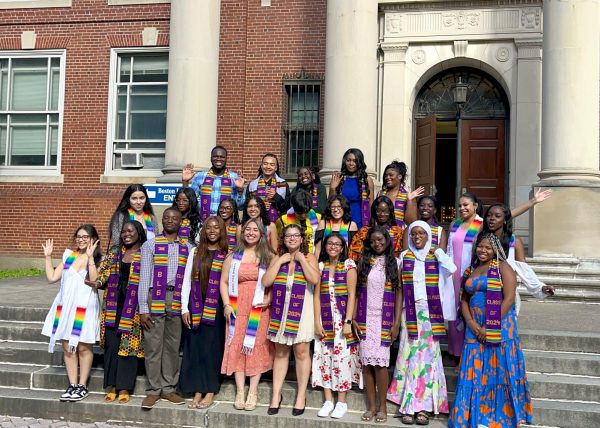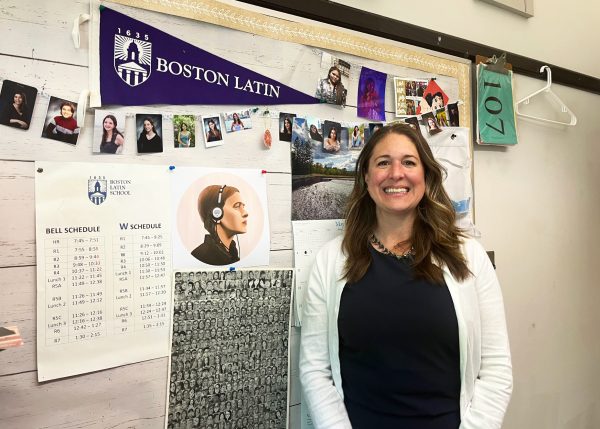The Argo Asks: Roe v. Wade FAQ
Q: What is Roe v. Wade?
A: Ruled in 1973 in a 7-2 vote by the Supreme Court, Roe v. Wade is a landmark case that made access to abortions a constitutional right. Jane Roe, the alias of Norma McCorvey, was the plaintiff. The defender was Dallas County District Attorney Henry Wade.
Q: Who wants to overturn Roe v. Wade? How did the media find out?
A: This February, conservative Supreme Court Justice Samuel Alito, delivered his draft opinion on overturning Roe v. Wade to the Supreme Court. Currently, a majority of the nine Justices are in favor of overruling Roe: Samuel Alito, Clarence Thomas, Neil Gorsuch, Brett Kavanaugh and Amy Coney Barrett. Gorsuch, Kavanaugh and Barrett, however, stated their support of Roe under oath during their confirmation hearings, contradicting their current stance in the debate of reproductive healthcare. In early May, this draft was obtained and leaked by media agency Politico. Chief Justice John Roberts Jr. verified the draft’s authenticity.
Q: Why does the Supreme Court want to overturn Roe v. Wade?
A: In his draft, Justice Alito argued that the case Roe presented to the Court was not valid. Alito’s justification revolves around the constitutionality of old America, saying that the Constitution does not reference abortion and that the Fourteenth Amendment, upon which Roe v. Wade is defended, only applies to rights deeply rooted in the history and tradition of the United States. Alito asserts that the costs of pregnancy would not be difficult, as there is governmental insurance and paid leave — ignoring the reality that the cost of childbirth averages thousands of dollars.
Q: Why is the Supreme Court deliberating this issue right now?
A: Mississippi passed a bill that would restrict abortion after 15 weeks, which was then challenged in court. The Supreme Court later took up the case in Dobbs v. Jackson Women’s Health Organization. A majority of the Justices are expected to rule in favor of the Mississippi law, and overturn Roe v. Wade at the same time
Q: How does abortion law change if Roe v. Wade is overturned?
A: A reversal on Roe v. Wade will mean that the Constitution would no longer protects the right to abortion in the United States. Each state would be able to decide abortion laws and the degree of restriction themselves. 22 states will have laws that ban or severely restrict abortion while 16 states will have laws that protect this right. Several states, like Florida and Texas, do not have abortion exceptions for rape, incest and sexual assault. The legal time frame for abortion, additionally, varies from state to state. For example, in Louisiana, abortion is banned at conception, with an exception at 22 weeks for lethal fetal disease cases. Massachusetts restricts abortion after the 24th week of pregnancy, with an exception for any time after for lethal fetal disease cases. For reference, a pregnancy usually lasts from 37 to 42 weeks.
Q: What is a trigger law?
According to the Supremacy Clause, federal law outweighs state law and state constitutions. If Roe were to be overturned, it would be up to each state to decide whether or not to legalize abortion. Currently, 13 states have trigger laws restricting abortions. Overturning Roe would automatically trigger these laws into effect.
Q: How would access to abortion be impacted in Massachusetts in a post-Roe v. Wade world?
A: Abortions and birth control will still be accessible in Massachusetts if Roe were to be overturned because Governor Charlie Baker signed an act repealing the law criminalizing abortion before 24 weeks in 2018.
Q: How would the overturning of Roe v. Wade affect teenagers?
A: The overturning and heightened restrictions on abortion would disproportionately impact teenagers, as they tend to recognize pregnancies later than adults due to having a higher likelihood of experiencing irregular menstrual cycles and lacking of education about signs of pregnancy.
Q: How does a lack of access to abortion impact marginalized communities disproportionately?
A: If Roe v. Wade were overturned, disparities in access to safe, legal abortion and childcare for communities of color and people identifying as LGBTQ+ would be worsened. From access to long-distance transportation to the financial costs of childcare, communities that historically have been left behind by the American healthcare system would be further neglected. Planned Parenthood advocate Julie-Anna Murphy remarks, “The financial aspect of it is everything, because if you’re having trouble funding an abortion, you definitely cannot afford to have a child. […] When you bring a child into this world when you are not physically, mentally, spiritually and financially — most importantly — prepared, you are putting that child through trauma.”
Q: Oklahoma and Texas have already placed severe bans on abortion. How?
A: Oklahoma Governor Kevin Stitt signed a restriction on abortion from the moment of conception into law. The law was modeled after Texas’s six-week abortion ban. Both laws are enforced by private citizens who have the ability to report abortion practitioners or anyone helping someone get an abortion to law enforcement. Those who “knowingly engages in conduct that aids or abets” in abortion would be sued 10,000 dollars in damages.
Q: What additional resources can I use to learn more about Roe v. Wade?
A: Politico’s leaked draft, which contains annotations of key sections, is available online. For those interested in reading more about abortion, the BLS Keefe Librarians Ms. Deeth Ellis and Ms. Susan Harari recommend the books Jane Against The World by Karen Blumenthal, The Turnaway Study by Dr. Diana Greene Foster and You’re The Only One I’ve Told: The Stories Behind Abortion by Dr. Meera Shah.






